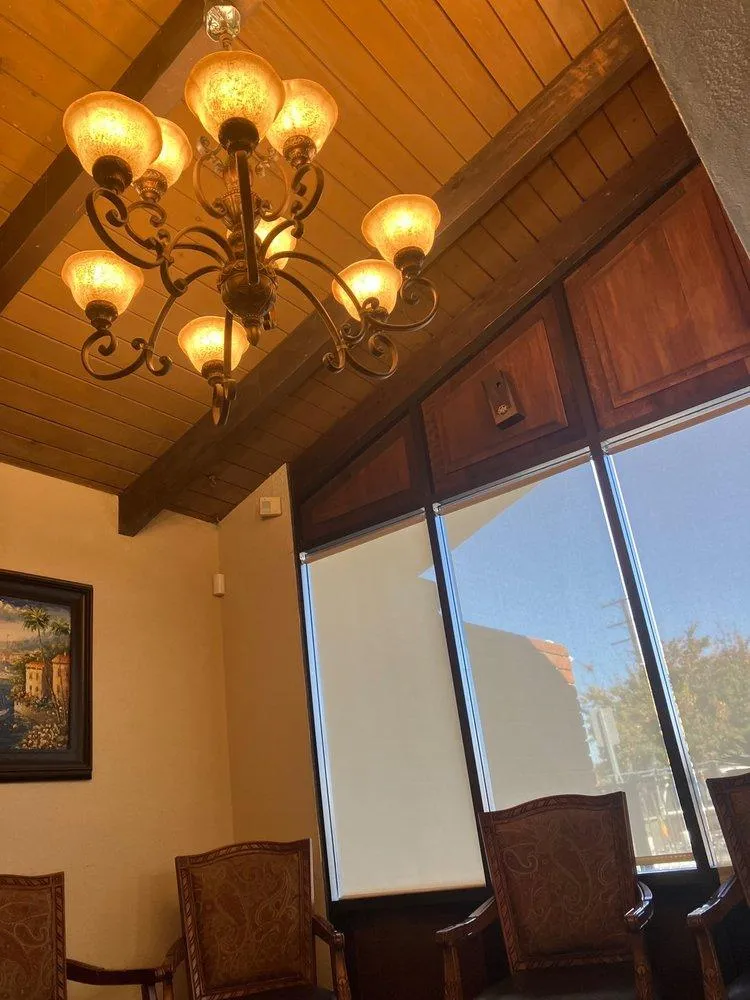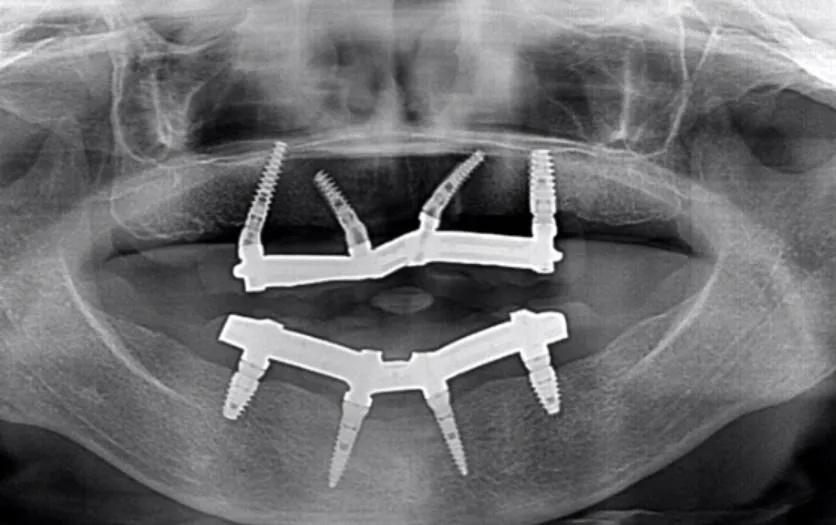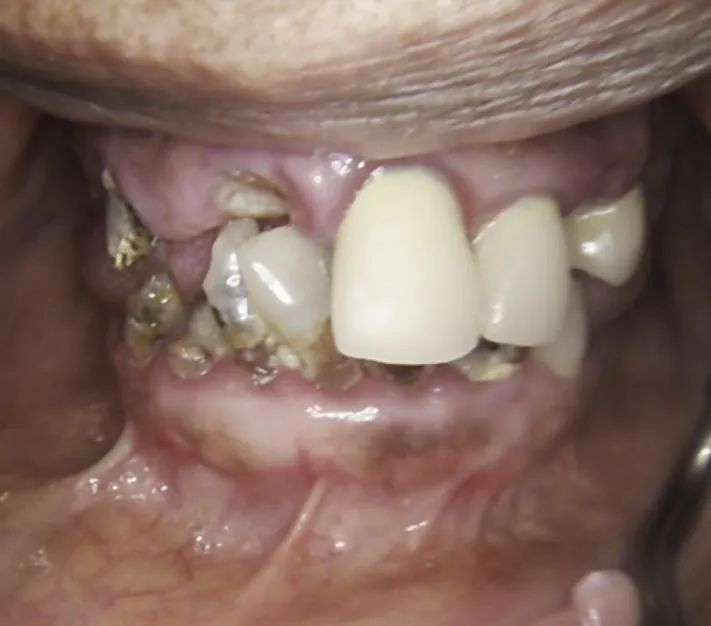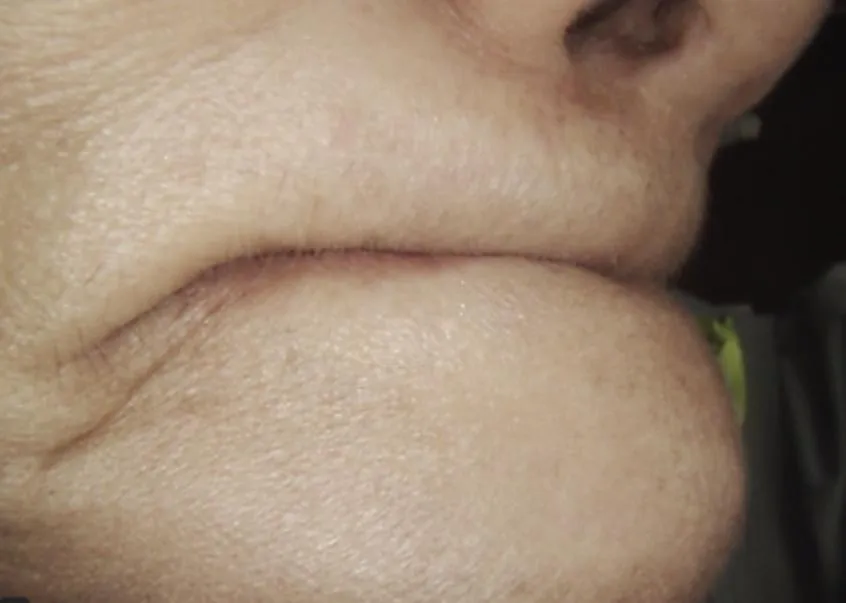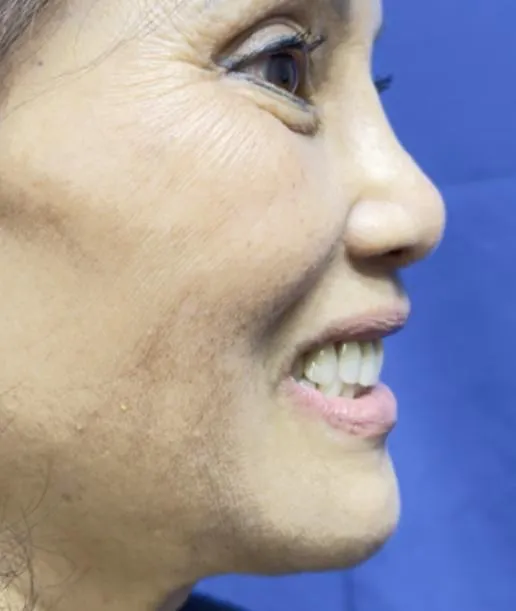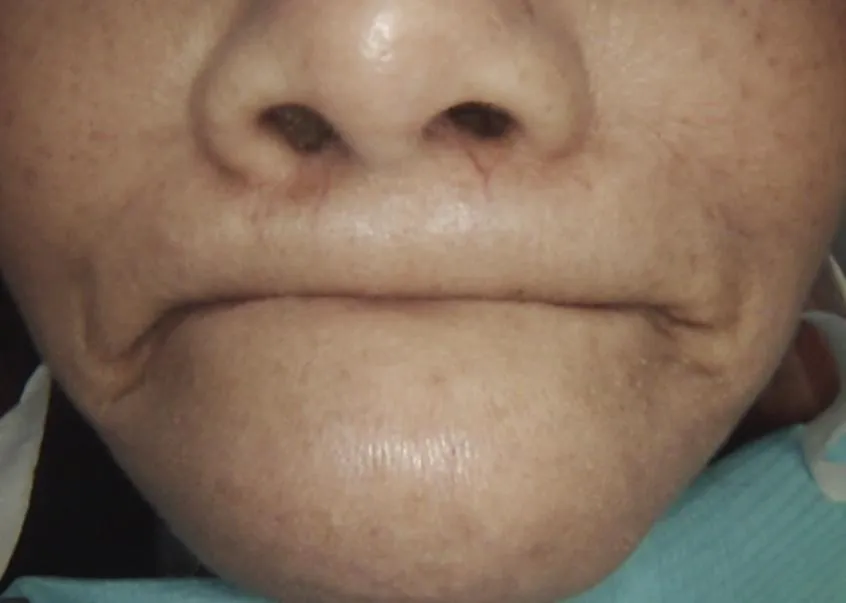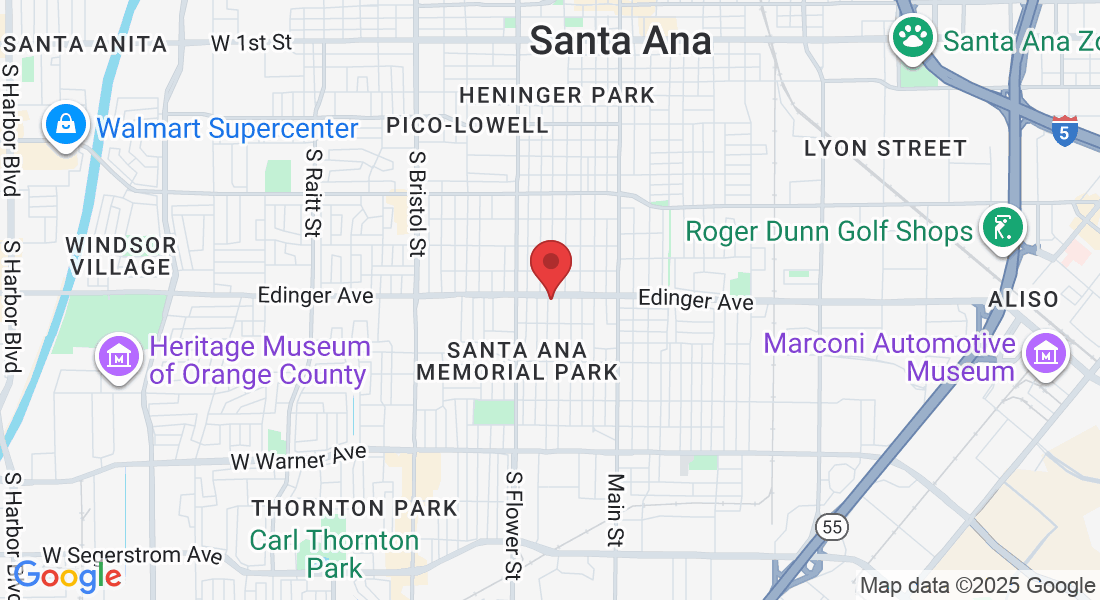Santa Ana’s Leading Oral Surgery & Dental Implant Dentist
Expert Oral Surgery & Dental Implant Care in Santa Ana — Personalized Solutions That Last a Lifetime.
Santa Ana’s Leading Oral Surgery & Dental Implant Dentist
Expert Oral surgery & Dental Implant Care in Santa Ana — Personalized Solutions That Last a Lifetime.
Sedation Starting as low as $195-$495
Whether it’s wisdom teeth removal or another procedure, our safe sedation options help you feel calm and comfortable without breaking the bank.
Prices are based on average sedation services. Call for a full quote.
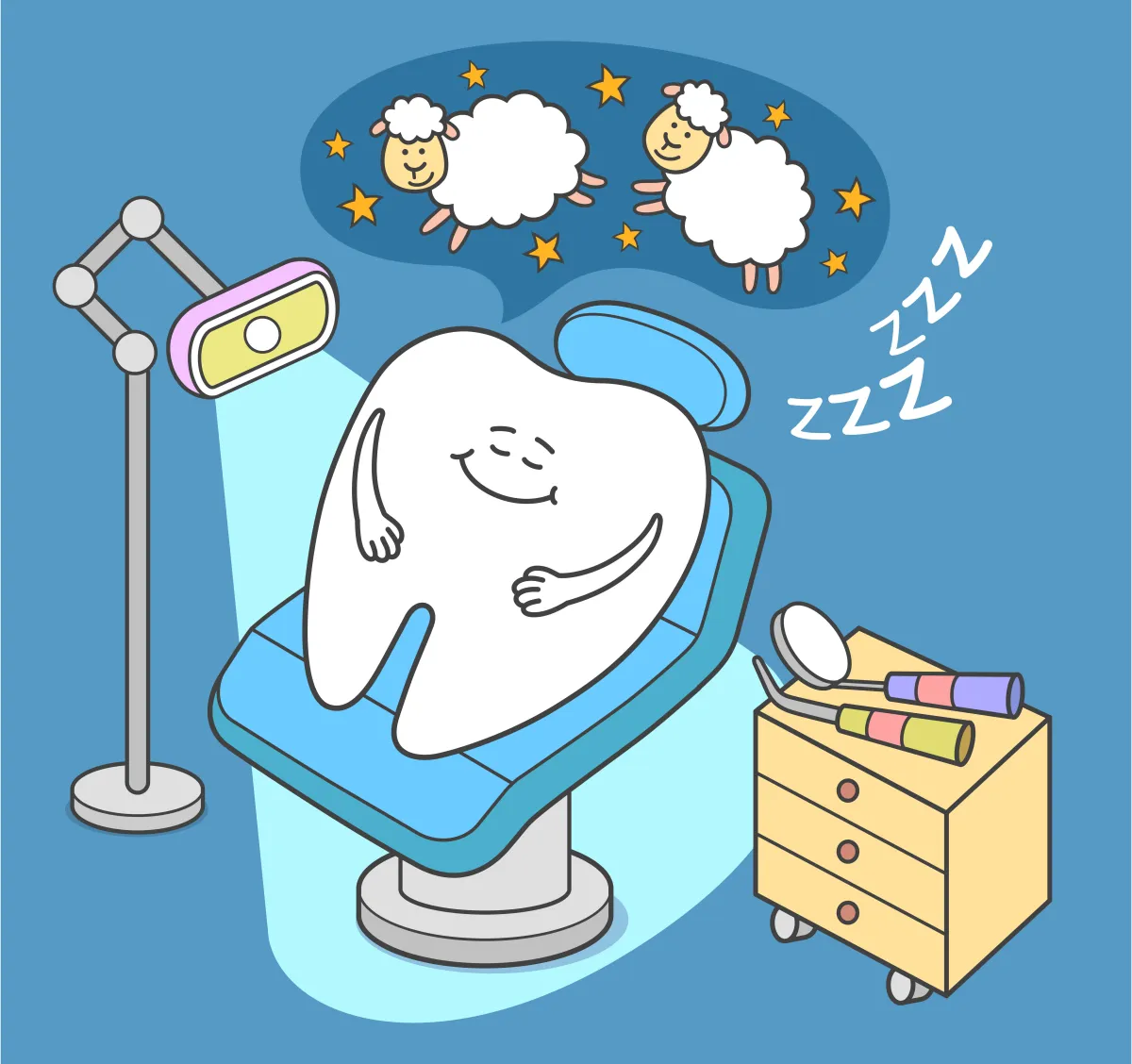

Sedation Starting as low as $195-$495
Whether it’s wisdom teeth removal or another procedure, our safe sedation options help you feel calm and comfortable without breaking the bank.

Prices are based on average sedation services. Call for a full quote.


Meet Dr Evan Georgieff DDS
Expert in Tooth Extractions With 30+ Years of Experience
Dr. Evan Georgieff has dedicated his career to helping patients feel comfortable and cared for during dental procedures. A proud graduate of the University of the Pacific School of Dentistry, Class of 1990, Dr. Georgieff has spent over three decades perfecting the art of gentle, efficient tooth removal.
Each year, he successfully performs thousands of extractions—from routine cases to complex wisdom teeth—earning the trust of patients throughout Santa Ana and beyond. With his depth of experience and calm chairside manner, you can feel confident you’re in expert hands.
VISIT US!!
At our Santa Ana dental office, we specialize in restoring oral health and confidence through advanced oral surgery and dental implant solutions. From All-On-4® implants to full mouth restorations and complex surgical procedures, our expert team—led by Dr. Evan Georgieff—delivers personalized, high-quality care using the latest technology. Whether you’re in need of tooth extractions, bone grafting, or a permanent alternative to dentures, we create custom treatment plans tailored to your unique needs. Patients from Santa Ana, Tustin, Garden Grove, Orange, and nearby areas trust us for life-changing results, surgical expertise, and a compassionate, patient-first approach. Discover why we’re the trusted choice for oral surgery and dental implants in Santa Ana.
VISIT US!
At our Santa Ana dental office, we specialize in restoring oral health and confidence through advanced oral surgery and dental implant solutions. From All-On-4® implants to full mouth restorations and complex surgical procedures, our expert team—led by Dr. Evan Georgieff—delivers personalized, high-quality care using the latest technology. Whether you’re in need of tooth extractions, bone grafting, or a permanent alternative to dentures, we create custom treatment plans tailored to your unique needs. Patients from Santa Ana, Tustin, Garden Grove, Orange, and nearby areas trust us for life-changing results, surgical expertise, and a compassionate, patient-first approach. Discover why we’re the trusted choice for oral surgery and dental implants in Santa Ana.
OUR SPECIALTIES
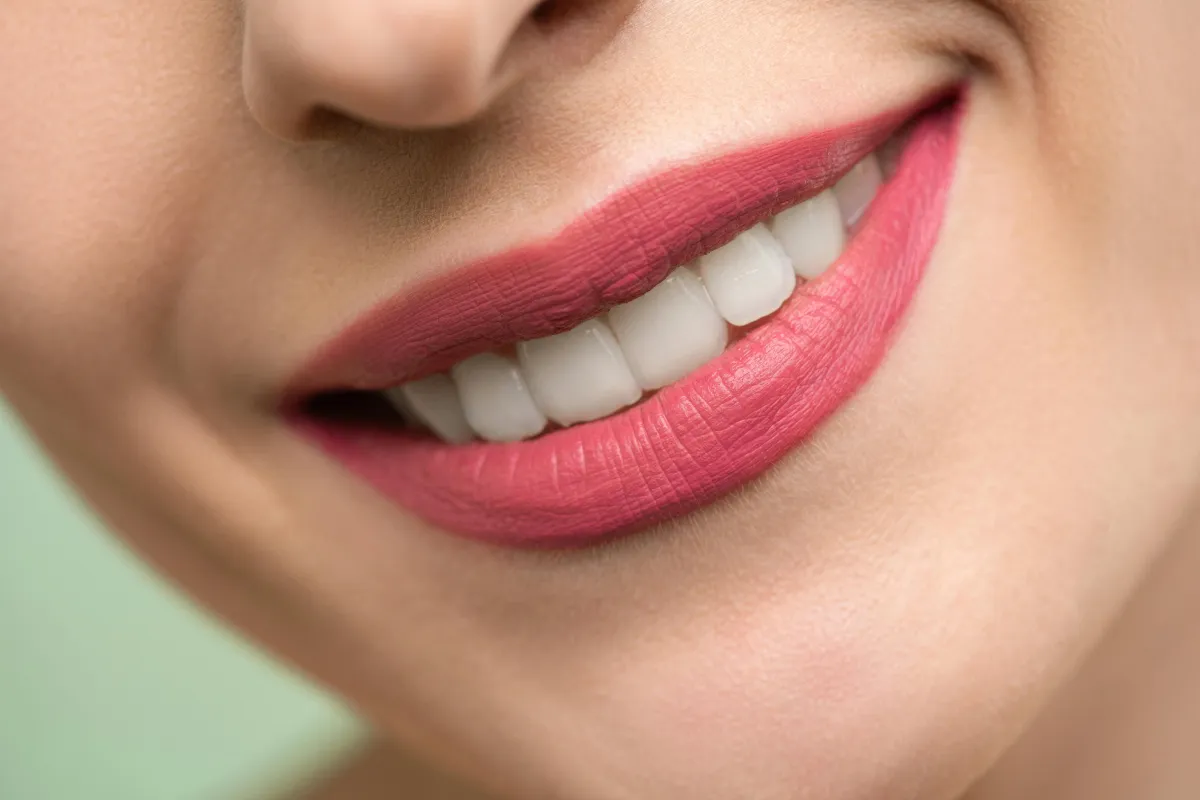
From complex tooth extractions and advanced dental implants to full-mouth All-On-4® restorations, our practice focuses on life-changing treatments that restore function, aesthetics, and confidence. Click below to explore our specialties and discover how we can transform your smile.
CONTACT US
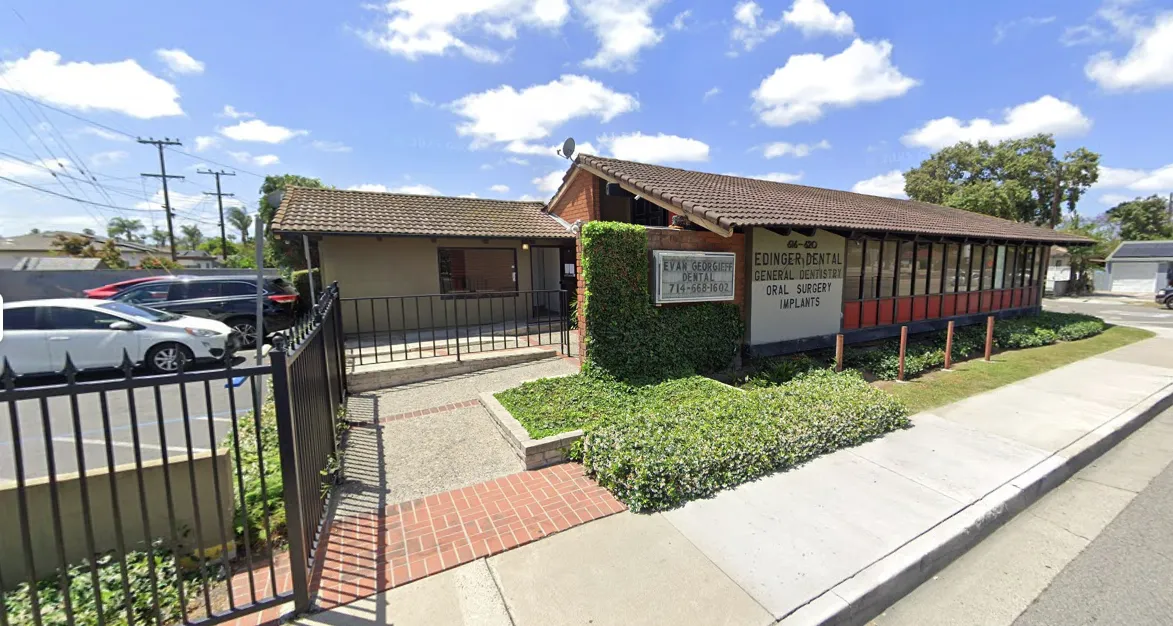
Have questions or ready to take the next step toward your new smile? Our team proudly serves patients in Santa Ana, Tustin, Garden Grove, Orange, Costa Mesa, and surrounding Orange County communities. Click below to book your consultation or contact our office today.
MEET THE DOCTOR

Dr. Evan is a oral surgery dentist specializing in tooth extractions. Click below to learn more about his experience, philosophy, and why so many patients trust him to restore their smiles.
OUR SPECIALTIES

From advanced dental implants to full-mouth All-On-4® restorations, our practice focuses on life-changing treatments that restore function, aesthetics, and confidence. Click below to explore our specialties and discover how we can transform your smile.
CONTACT US

Have questions or ready to take the next step toward your new smile? Our team proudly serves patients in Santa Ana, Tustin, Garden Grove, Orange, Costa Mesa, and surrounding Orange County communities. Click below to book your consultation or contact our office today.
MEET THE DOCTOR

Dr. Evan is a oral surgery dentist specializing in dental implants and oral surgery. Click below to learn more about his experience, philosophy, and why so many patients trust him to restore their smiles.
You Only Get ONE Smile. Make it Last a Lifetime!
Edinger Dental specializes in your dental implant needs.
Here's what dental implants can do for you:
Smile With Confidence
Regains the ability to eat virtually anything and can smile with confidence, knowing that your teeth appear natural and that facial contours will be preserved.

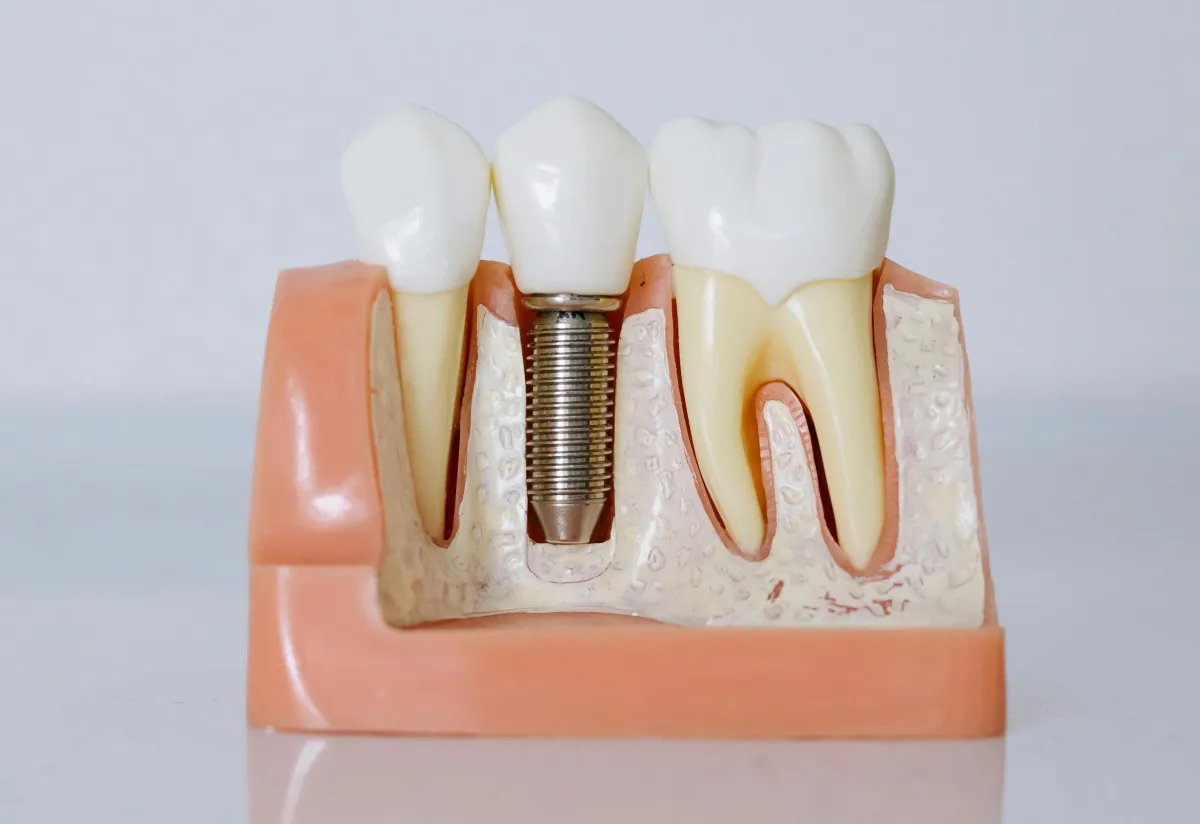
Strong & Durable
Dental implants are stronger and more durable than their restorative counterparts (bridges and dentures). Implants offer a permanent solution to tooth loss.
Restores Bite Force
Dental implants are anchored into your jaw with a titanium post that replaces the tooth root, they allow you to bite with more or less the same amount of force you could use with your natural teeth.
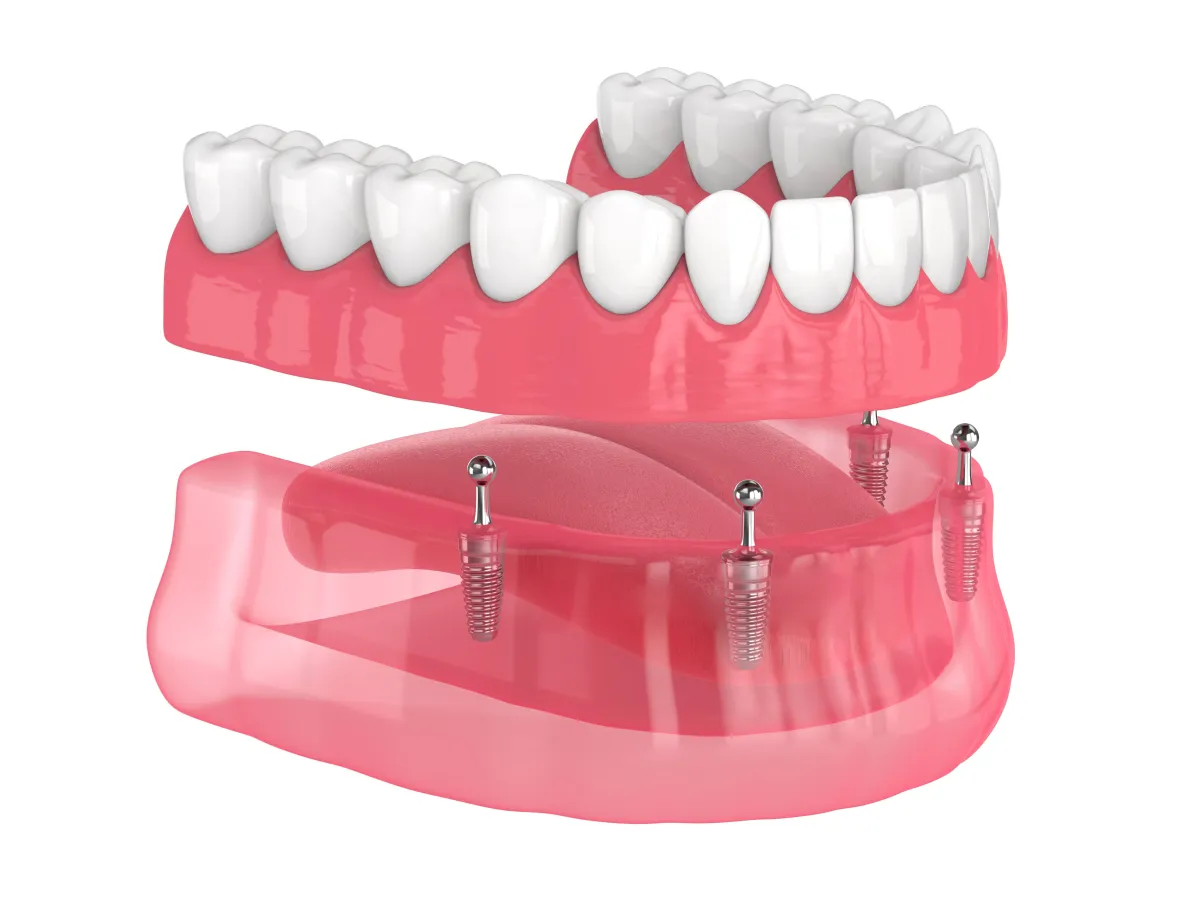

Enables Natural Speech
Some tooth replacement options, like dentures, can impact your ability to pronounce words correctly. Missing teeth can also alter your speech. Dental implants feel and function just like natural teeth, re-enabling you to speak easily and naturally.
You Only Get ONE Smile. Make it Last a Lifetime!
Edinger Dental specializes in your dental implant needs.
Here's what dental implants can do for you:
Smile With Confidence

Regains the ability to eat virtually anything and can smile with confidence, knowing that your teeth appear natural and that facial contours will be preserved.

Strong & Durable
Dental implants are stronger and more durable than their restorative counterparts (bridges and dentures). Implants offer a permanent solution to tooth loss.

Restores Bite Force
Dental implants are anchored into your jaw with a titanium post that replaces the tooth root, they allow you to bite with more or less the same amount of force you could use with your natural teeth.

Enables Natural Speech
Some tooth replacement options, like dentures, can impact your ability to pronounce words correctly. Missing teeth can also alter your speech. Dental implants feel and function just like natural teeth, re-enabling you to speak easily and naturally.
TESTIMONIALS
"I can finally smile with confidence again!"
"After years of struggling with dentures, Dr. Carmy Michael recommended a full set of implants. The process was smooth, and I felt cared for every step of the way. Now I can eat, talk, and laugh without hesitation. Thank you"
Elizabeth, Anaheim, CA
"Dr. Michael is a true artist."
"I was nervous about getting dental implants, but Dr. Michael and his team made the entire experience stress-free. My smile looks natural, and the results exceeded my expectations. I only wish I had done it sooner."
Nhung, San Jose, CA
our PROUD Partners











FAQS
What are dental implants and how do they replace missing teeth?
Dental implants are long-lasting replacements for missing teeth that look, feel, and function like natural teeth. In Santa Ana, our dental implant procedure uses a small titanium post that’s placed in the jawbone to act as a sturdy foundation for a custom-made crown or bridge.
What is oral surgery and when is it needed?
Oral surgery is a specialized field of dentistry that treats complex issues involving the teeth, gums, jaw, and facial structures. At Edinger Dental in Santa Ana, our oral surgery services address problems like impacted wisdom teeth, dental implants, jaw misalignment, and oral infections. If you’re searching for a trusted dentist in Santa Ana for advanced dental care, our experienced team can help.
Why choose Edinger Dental for oral surgery in Santa Ana?
Edinger Dental combines expertise, modern technology, and compassionate care. Led by Dr. Evan Georgieff, a highly skilled oral surgery specialist, we deliver personalized treatments for optimal results. If you need a dentist in Santa Ana you can trust, our team is here for you.
How long does the dental implant process take?
The dental implant process typically takes a few months from start to finish. It involves placing the implant, allowing time for healing and bone integration, and then attaching a custom crown or restoration. We walk each Santa Ana patient through the timeline based on their specific needs.
How long do dental implants last?
With proper care, dental implants can last for decades—or even a lifetime. They’re one of the most durable tooth replacement options available. Routine checkups and good oral hygiene help keep your implant healthy and functioning long term.
Are oral surgery and dental implants covered by insurance?
Coverage varies by plan. Many insurance providers cover at least part of the cost for medically necessary oral surgery. Our team at Edinger Dental in Santa Ana can help you understand your benefits and provide financing options if needed. Insurance coverage for dental implants varies by provider. Some plans may contribute to parts of the treatment, such as the crown or exam. Our office in Santa Ana is happy to review your benefits and offer flexible payment options to help you manage the cost of care.

Sunday - Closed
Monday - 9:30 AM–5 PM
Tuesday -9:30 AM–5 PM
Wednesday - 9 AM–5 PM
Thursday - 9:30 AM–5 PM
Friday - 9 AM–3 PM
Saturday - Closed
